Using innovative disciplinary and interdisciplinary approaches, our researchers work to translate insights on problems such as global sustainability, feeding the world, and fighting poverty and disease into innovative products and technologies, policy recommendations with impact, and advances in education and community engagement.
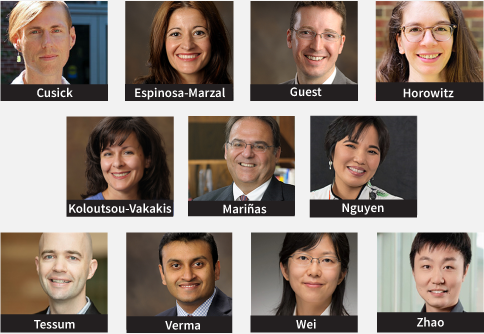
One of our strengths as a group is that through our complementary expertise, we are prepared to solve grand challenges that involve complex systems and the dynamic interactions between surrounding environments. Together, we can address large research themes such as the impacts of climate change/adaptation, environmental public health engineering, and OneWater engineering.
Through cooperation with colleagues in the U.S. and in other countries, EE&S faculty members offer their students a global perspective on environmental engineering, as well as opportunities to travel and collaborate on research projects with national and international relevance. Collaborative programs are ongoing with colleagues in Asia, Europe, Latin America, and Sub-Saharan Africa.
Research Groups
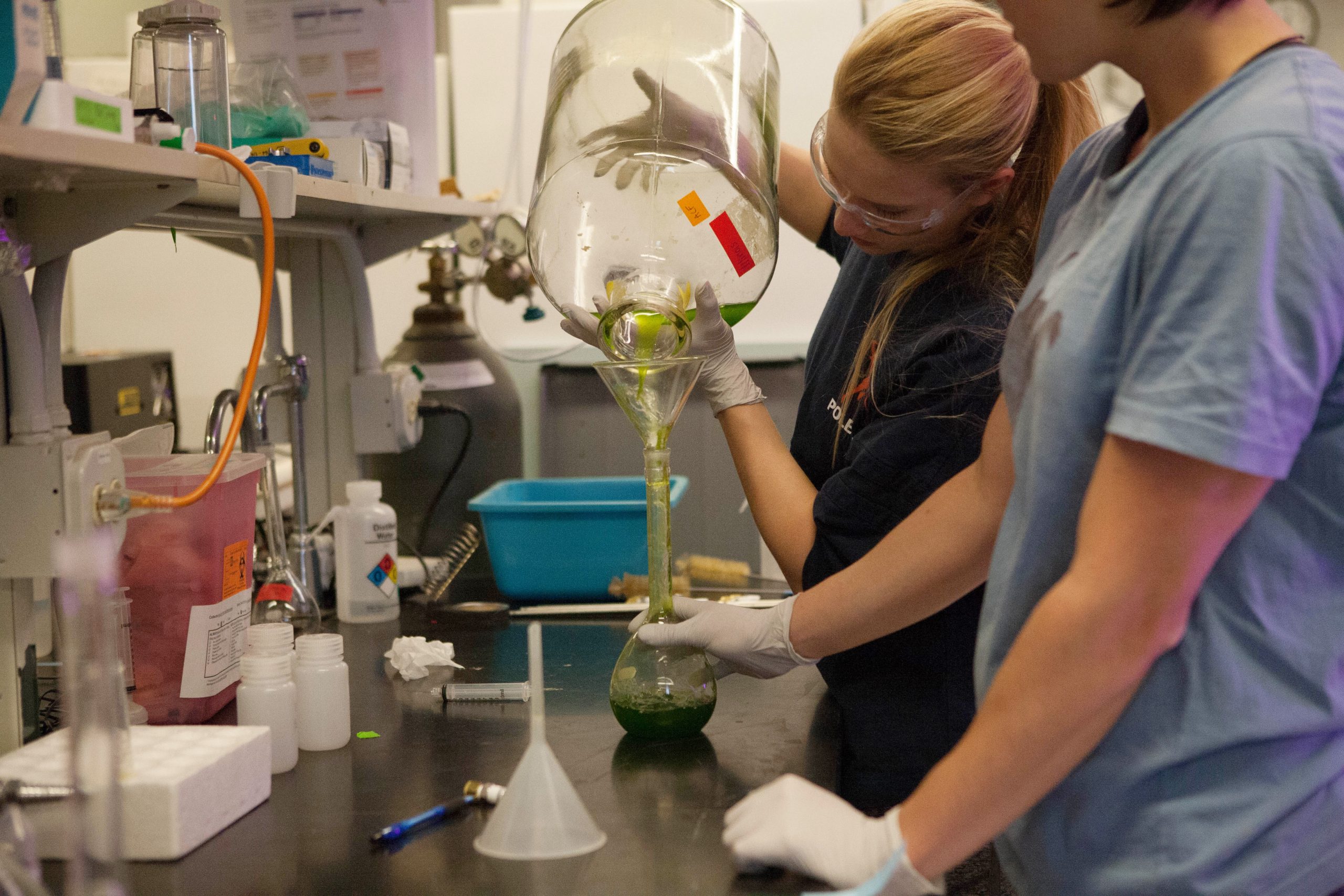 Cusick Group
Cusick Group
Increase the resilience of energy and food systems by developing technologies to integrate renewable energy resources with and recover nutrients from water infrastructure. Read more…..
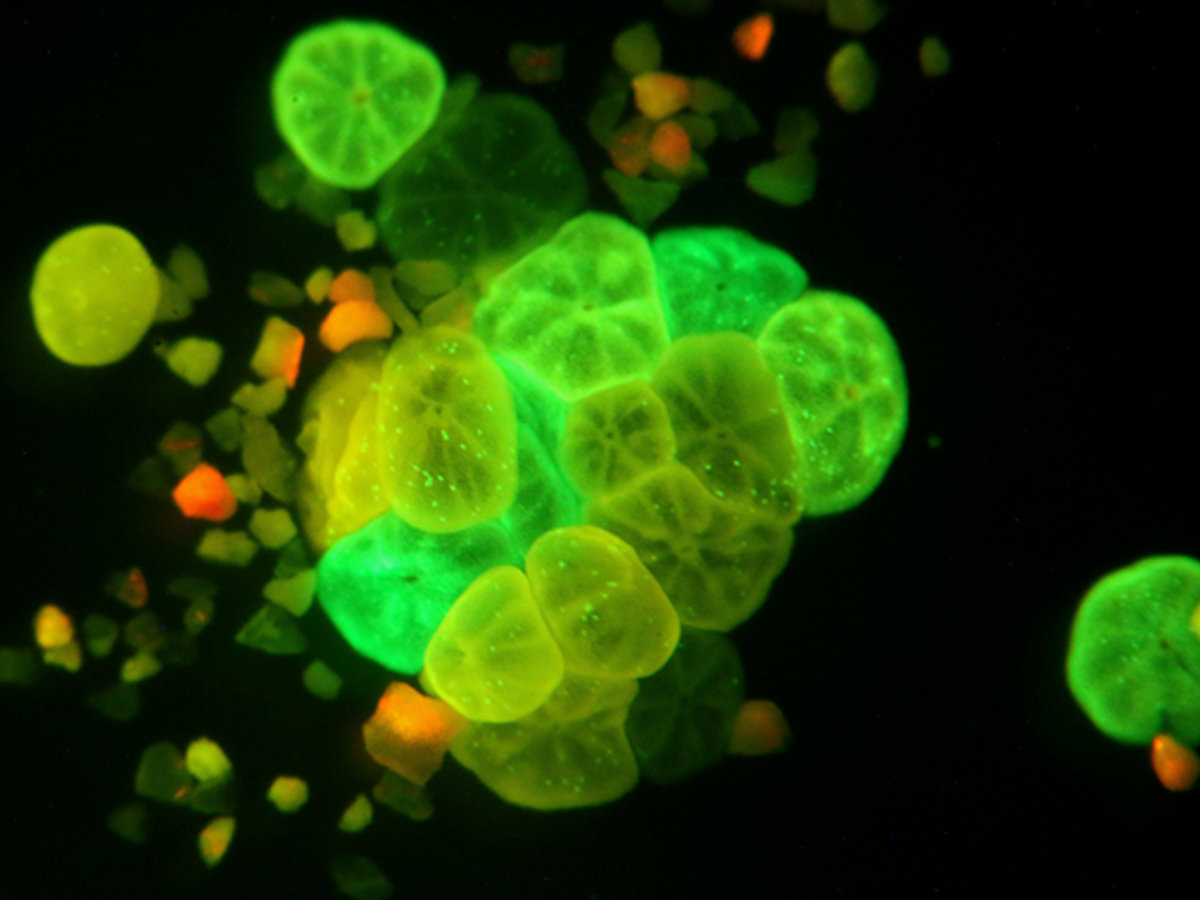 Espinosa-Marzal Group
Espinosa-Marzal Group
Understanding and harnessing interfacial structure, properties (e.g. dynamic) as well as mechanisms underlying behavior and functionality. Read more…
 Guest Group
Guest Group
The development of technologies for sustainable water, sanitation, biofuels and bioproducts with applications in both high-income and underserved communities. Read more…
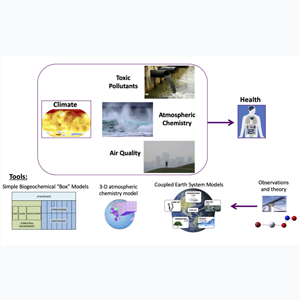 Horowitz Group
Horowitz Group
Interactions between human activity, atmospheric chemistry, climate, and pollution, through developing and applying global models. Read more…
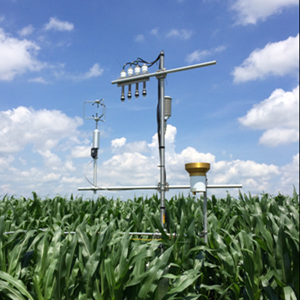 Koloutsou-Vakakis Group
Koloutsou-Vakakis Group
The perturbation of the nitrogen cycle caused by intensively managed agro-ecosystems, with particular emphasis on the emissions of ammonia and nitrous oxide from fertilized croplands. Read more…
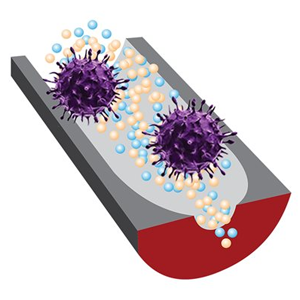 Marinas Group
Marinas Group
Mechanistic aspects of chemical and ultraviolet light disinfection processes and membrane technologies for the particular application of controlling waterborne pathogens. Read more…
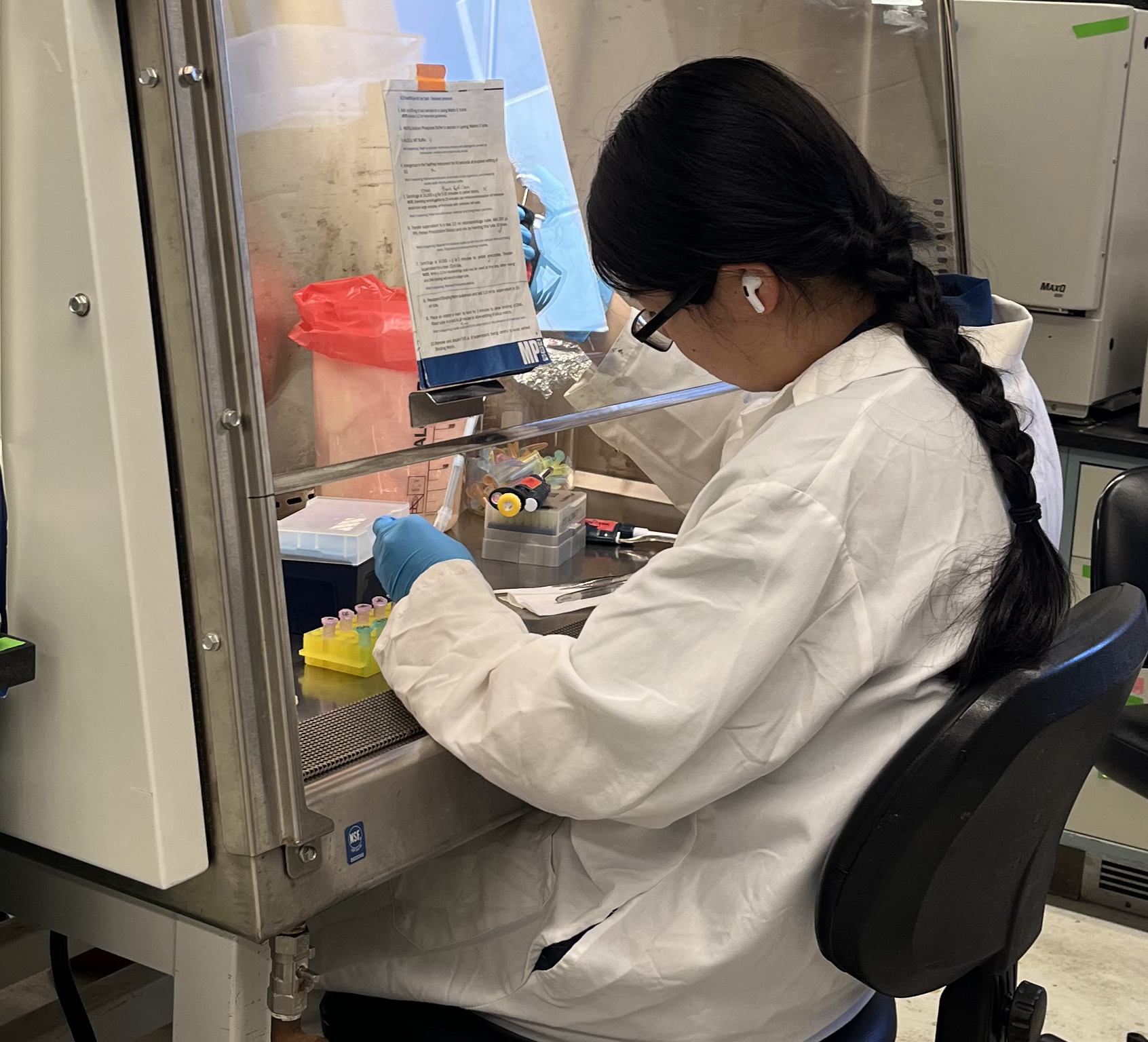 Nguyen Group
Nguyen Group
Pathogens and biofilms in drinking water distribution system, environmental surveillance of pathogens, and water and food safety. Read more…
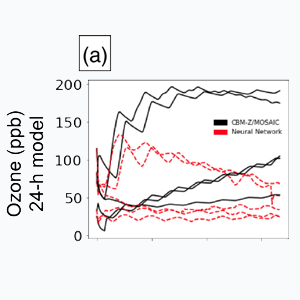 Tessum Group
Tessum Group
Assessing air pollution-related effects of human activity, focusing on mechanistic modeling of outdoor air pollution and its health impacts, quantifying inequities in the distribution of those impacts, and proposing and testing solutions. Read more…
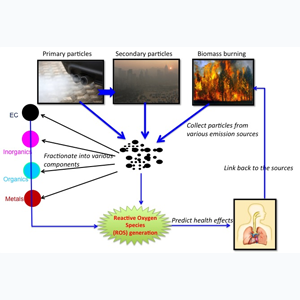 Verma Group
Verma Group
Identifying the components of ambient particulate matter and their emission sources, which are most responsible for inducing the adverse health effects in humans. The specific interests include measuring the toxicological properties of ambient particles through catalytic generation of reactive oxygen species (ROS). Read more…
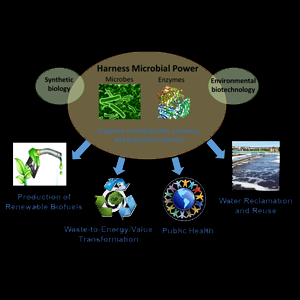 Wei Group
Wei Group
Understand and manipulate microbial systems at the molecular level for beneficial applications towards environmental sustainability. Our research is at the interface of environmental engineering and molecular and synthetic biology, with interests in: 1) Renewable biocatalysis for water reclamation and reuse, 2) Waste-to-energy/value biotransformation and resource recovery, and 3) Disease control to protect public health. Read more…
 Zhao Group
Zhao Group
The physical and engineering processes in the Atmospheric Boundary Layer where most human activities and environmental systems are concentrated. Read more…